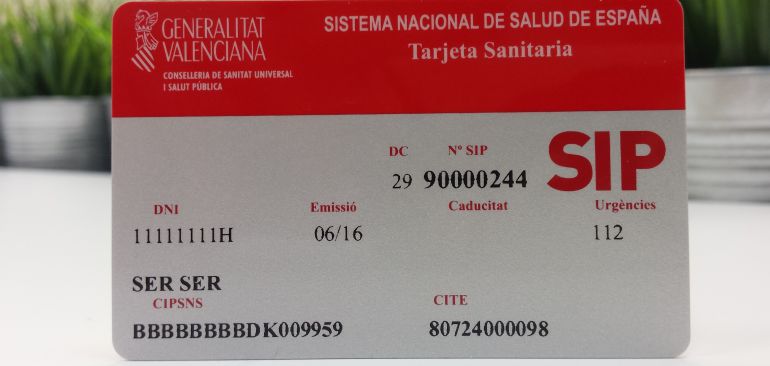A specialist department hearing a case at the Supreme Court has resolved a discrepancy on the right to public health care in Spain, affirming that the granting of a health card (SIP) does not imply the automatic existence of the right to health care.
The case was first brought to the courts by a Spanish citizen who regrouped her mother – of Cuban nationality – who was granted the “temporary residence card of family member of the Union”, under the provisions of Royal Decree 240/2007.
The discrepancy arose over the need for private health insurance and the rights to public healthcare upon the issue of the card.
However, in its judgment, the Chamber confirms that the granting of the SIP card does not imply the automatic existence of that right, but rather, “the dynamics of the right, subject to the maintenance of the requirement of its concession.”
The ruling continues to explain how it is made clear from article 7.1.b and 2 of Royal Decree 240/2007, which states that an individual must have sufficient resources not to become a burden for social assistance in Spain during the period of residence and so must make provisions for health insurance that covers the risks of regrouping in Spain.
The ruling includes a private vote of two judges who considered that the sentence appealed had to be confirmed.





